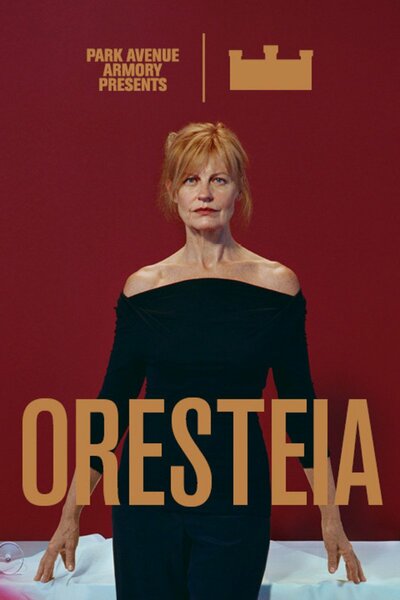
About the Show
Production Covid-19 Safety ProtocolsCritic Reviews (15)
"Robert Icke’s fraught and gripping 'Oresteia,' an emotionally harrowing retelling of Aeschylus’ trilogy at the Park Avenue Armory, doesn’t get bogged down in such background details of ancient mythology."
Read more
" 'Oresteia' has stripped out most of the references to the gods and their fickle ways. ... Most of the thematic strands that Icke added into this production are so underexplored that they end up muddying the play and undercutting its power and any catharsis."
Read more
"If anyone came to the show hoping to learn about ancient Greece, they surely left unsatisfied. At the same time, the reimagining is too generic to have much to say about our current moment. The only politics I thought about were the politics of a British director changing gods to God and presenting it as a human universal."
Read more
"While people worship at any number of altars, they remain prey to the same dark impulses, for power, for dominance, for vengeance, for blood. This may be seen as either a source of grim solace—thus was it ever. Or merely sorrow—thus will it ever be."
Read more
"I believe Icke is engaged in an honest struggle with theatrical heritage but as a director, his method is to throw everything against the wall—deconstructed text, overwhelming design, metatheatrical devices—to see what sticks. There’s a synthetic impersonality to the whole affair."
Read more
"It's a satisfying cap to a remarkably intelligent new take on the 'Oresteia,' one that will have audiences marveling afresh at the social, political, and historical insights that Aeschylus still has to impart to a new generation."
Read more
It has been a very, very long time -- perhaps never -- since I have seen a production so intimately acquainted with the terrors of the earth as Robert Icke's Oresteia. When first announced, the pairing of Hamlet and Oresteia for Park Avenue Armory's summer season seemed oddly arbitrary. But Icke, who directed both and adapted Aeschylus' text, manages in each case to merge classic tragedy with contemporary political reality to shattering effects. Theatre doesn't come more monumental, or more savage, than this.
Read more
"Director-adapter Icke has done what it’s highly likely many Greek playwrights did during the fifth-century BCE: create their own versions of popular myths for plays long lost and forgotten."
Read more





